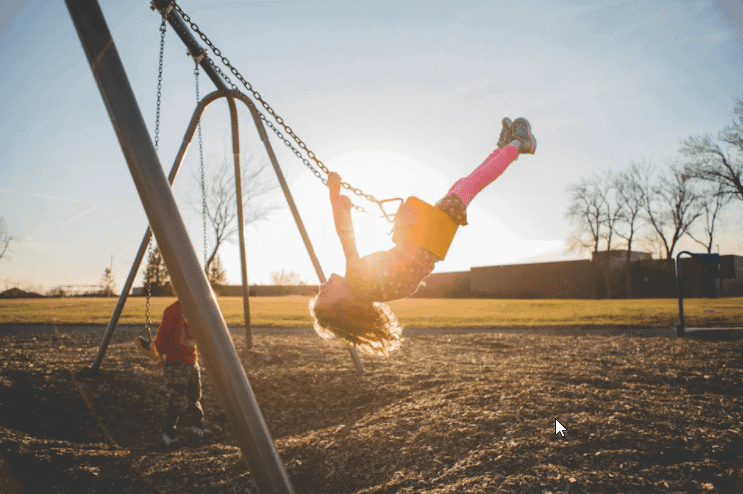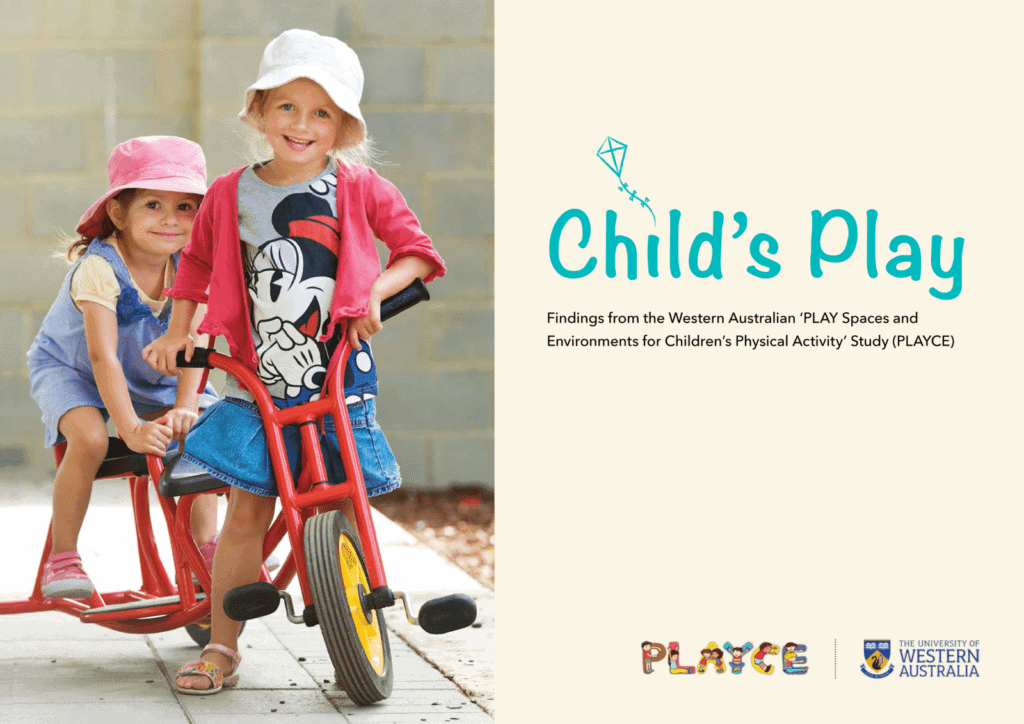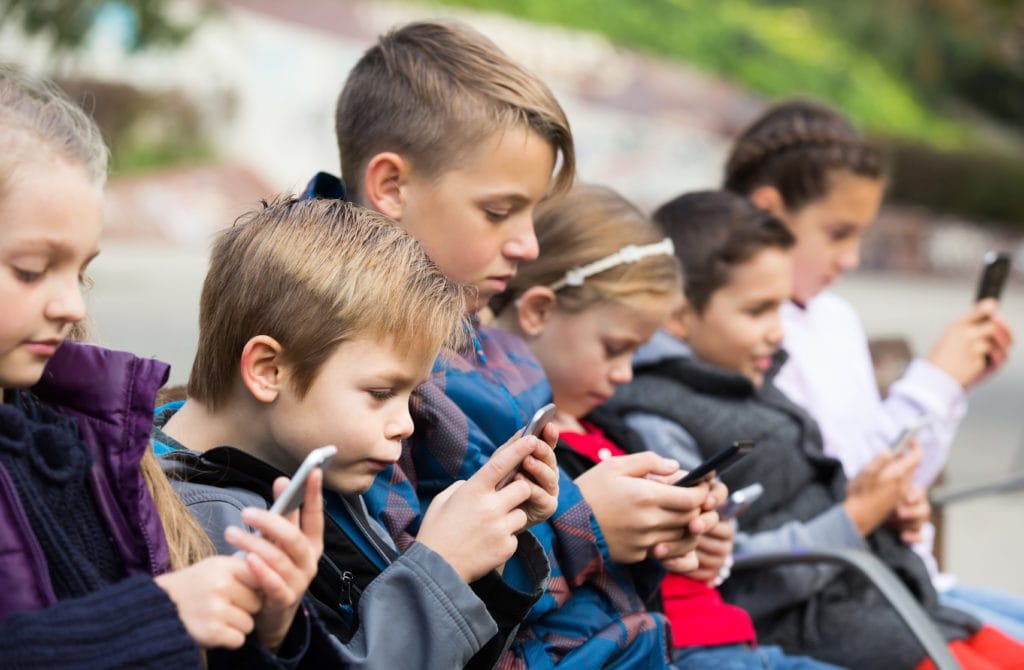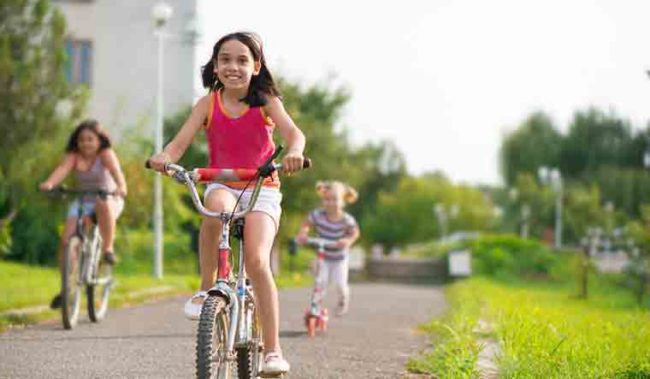Dose-dependent and joint associations between screen time, physical activity, and mental wellbeing in adolescents: an international observational study
Summary Background Mental wellbeing in adolescents has declined considerably during past decades, making the identification of modifiable risk factors important. Prolonged screen time and insufficient physical activity appear to operate independently and synergistically to increase the risk of poor mental wellbeing in school-aged children. We aimed to examine the gender-stratified dose-dependent and joint associations of […]










